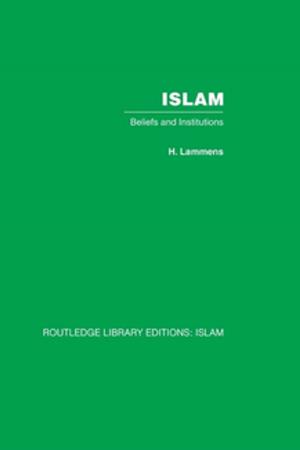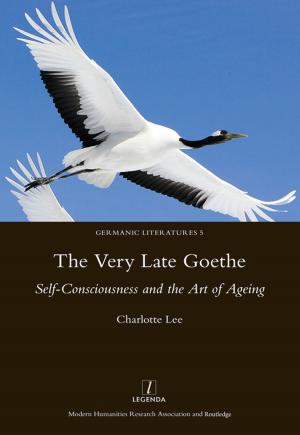The Authoritarian Interlude
Democracy, Values and the Politics of Hubris
Nonfiction, Social & Cultural Studies, Political Science| Author: | Peter Marden | ISBN: | 9781317040835 |
| Publisher: | Taylor and Francis | Publication: | March 9, 2016 |
| Imprint: | Routledge | Language: | English |
| Author: | Peter Marden |
| ISBN: | 9781317040835 |
| Publisher: | Taylor and Francis |
| Publication: | March 9, 2016 |
| Imprint: | Routledge |
| Language: | English |
What do we value as a political virtue? What are the core values of democracy in the modern era? What is a democratic culture and can it coexist with a predatory capitalist corporatism? Is democracy just about human rights? What is the nature of public dissent? These are some of the questions posed in this book as Peter Marden extends debates on democracy by critically examining the key role of values often associated with neo-liberalism and the traditions of thought concerning public conceptions of democratic life. Within the volume various normative arguments from prominent political theorists are addressed, particularly those associated with deliberative approaches to the study of contemporary democracy. Marden is motivated by an interest in the language and spirit of democracy as a values-based culture not solely driven by technocratic devices but a genuine reframing of the values necessary to underpin any peculiar democratic practice. Throughout the book examples are taken from the Australian, United Kingdom, and United States democratic experience post-9/11 to explore the dimensions of democratic culture, the nuanced tensions between the individual as an autonomous reflective subject and conceptions of the common good.
What do we value as a political virtue? What are the core values of democracy in the modern era? What is a democratic culture and can it coexist with a predatory capitalist corporatism? Is democracy just about human rights? What is the nature of public dissent? These are some of the questions posed in this book as Peter Marden extends debates on democracy by critically examining the key role of values often associated with neo-liberalism and the traditions of thought concerning public conceptions of democratic life. Within the volume various normative arguments from prominent political theorists are addressed, particularly those associated with deliberative approaches to the study of contemporary democracy. Marden is motivated by an interest in the language and spirit of democracy as a values-based culture not solely driven by technocratic devices but a genuine reframing of the values necessary to underpin any peculiar democratic practice. Throughout the book examples are taken from the Australian, United Kingdom, and United States democratic experience post-9/11 to explore the dimensions of democratic culture, the nuanced tensions between the individual as an autonomous reflective subject and conceptions of the common good.















